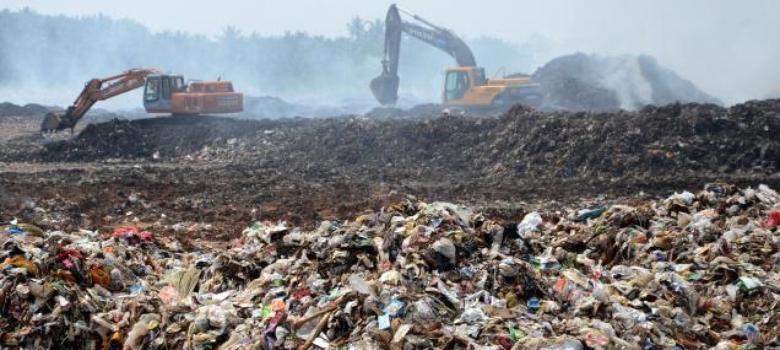Pennsylvania cities are high on the list of places with the worst air pollution. A government report found that the Pittsburgh metro region has the 8th highest levels of year-round particle pollution — also known as soot — in the country. The Harrisburg area ranked 9th, the Philadelphia area was 12th, Altoona was 14th and Lancaster was 16th.
Officially, air pollution can be defined as the presence of harmful substances in the air, either particulates or microscopic biologic molecules, that pose health hazards to living organisms, such as people, animals or plants. Air pollution comes in many forms and may include a number of different pollutants and toxins in various combinations.
It can be further classified into two sections- visible air pollution and invisible air pollution. Another way of looking at air pollution could be any substance that holds the potential to hinder the atmosphere or the well being of the living beings surviving in it.
It is also a mixture of solid particles and gases in the air. Car emissions, chemicals from factories, dust, pollen and mold spores may be suspended as particles. Ozone, a gas, is a major part of air pollution in cities. When ozone forms air pollution, it’s also called smog. Some air pollutants are poisonous.
The Pittsburgh region has some of the worst air quality in the nation. According to a study from the University of Pittsburgh in 2013, the area ranked in the top 3% in the nation for cancer risk due to air pollution from point sources. The Toxic Ten, along with diesel and other pollution, significantly contribute to that risk.
Because of the air conditions in some areas of Pittsburgh, asthma rates, especially on children, exceed the national average and air pollution plays a big role in that. The city has made improvements from the industrial days of the past, but there is still a long way to go before the air is truly clean and safe for all Pittsburghers.
We can reduce air pollution from industries or factories by using public transport to travel, increasing efficiency of types of equipment to consume less energy and opting for natural gas. Nowadays environmental pollution has become a critical issue due to increased demand for products and development.
Factory farms are huge contributors to pollution and some of them contribute as much air and water pollution as a small city. To help stop pollution, stop buying and eating animal products that come from factory farms. If you are advised not to completely give up animal products, try to reduce your consumption to once or twice a week.
Cutting down on air pollution is an important step in going green. While transportation is the most obvious generator of air pollution, other aspects of your lifestyle can also help reduce the problem.
Reducing air pollution runs hand in hand with improving your health, saving money, living greener and being consciously aware of the intricate connection everyday actions have with everyday breaths.
Pittsburgh has made improvements from the industrial days of the past, but there is still a long way to go before the air is truly clean and safe for all Pittsburghers. There’s no one single cause to Pittsburgh’s poor air quality. Rather, the region’s legacy as an industrial center has resulted in numerous major sources of air pollution. Rent a dumpster if you have too much junk at home, so it will avoid adding to pollution in the future.
The issue of air pollution in Pittsburgh is a multifaceted challenge that demands immediate attention and concerted efforts from all stakeholders. Our exploration of this critical problem through the lens of Pittsburgh Dumpster Rentals HQ has revealed several key takeaways.
✓ Servicing Pittsburgh, PA and the region
✓ Get a quote now, call 412-436-5360
✓ Customer friendly experienced staff
✓ Fastest service in western Pennsylvania
✓ Join hundreds of satisfied customers

